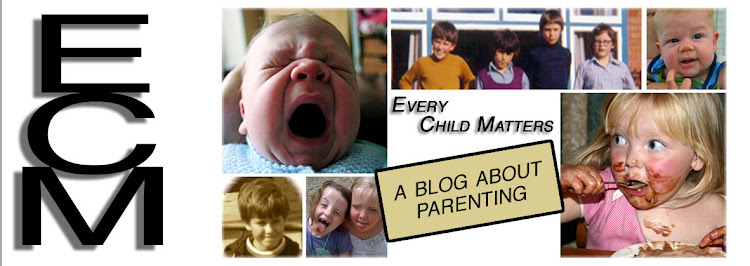It should be no surprise then that Martin Narey, Chief Executive of Barnardos, has called for more children to be taken into care. Or that, Wes Cuell, director of children's services at the NSPCC, broadly agrees with Mr Narey's assessment, saying,"We should not be keeping children out of care just because we don't like what care represents."
John Hemming, Liberal Democrat MP and chairman of Justice for Families, said Narey was ignorant of the huge numbers of cases where massive injustice has clearly been done. He pointed to data from the DCSF which showed that among 7,800 children taken into care in 2006, only 1,800 had been returned to their families by March 2007.
"I'm not sure Mr Narey really understands what is going on. Nor am I sure that he has the practical experience," said Mr Hemming. "His basic assertion that more children need to be taken into care and fewer need to be returned to their families ignores the statistics."
Harry Fletcher, assistant general secretary of Napo, a union for family court and probation staff, also disagreed with Mr Narey's suggestion that more children should be taken into residential care. "Barnardo's have a vested interest in residential homes because they run some of them," he said. "All the evidence suggests residential care should be used as little as possible because the experience is damaging."
Recently, a father and mother lost a case in the Court of Appeal to prevent their daughter being 'freed' for adoption. Their daughter was taken into care after police and animal welfare officers raided their home. The girl was described as 'thriving and happy', and there was never any suggestion that she was at any risk of abuse at all. Yet because the father refused to co-operate with Essex Social Services, the Court refused the parents' appeal.The identification of the girl or her parents is not allowed by law, and Social Services used this fact to instruct the police to ban a protest march by 200 neighbours, family and church members.
The family's MP said this is the worst incident he's dealt with in all his years as an MP, and he brought the matter up in the Commons. The family GP expressed his horror, and fully supports the devoted parents.
This is just one case, but Ian Josephs catalogues an incredible amount of horrifying stories and information on his website on forced adoption and offers valuable help and advice to parents. He also catalogues the money to be made, and says that adoption fees can be £18,000 per child, while specialist children's homes like Barnardo's can charge £7,000 per week per child.
Martin Narey's article exposes the way that Third Sector organisations like Barnardo's and the NSPCC are encouraging Social Services to take children into care. Although Barnardo's closed its conventional residential homes in 1989, it still has homes amongst its 394 specialist projects. Social Services meanwhile are happy to hit on the easy targets as they too have quotas to meet.
The process of taking children into care needs a complete overhaul, and the vested interests of the care and adoption industries, of which Barnardos and the NSPCC are part, must be exposed.
A number of websites provide advice to parents whose children are in danger of being taken into care. I heartily recommend looking at the Family Wrongs site, run by parents who have had their children taken away from them. They know what they are talking about! Also, Ian Josephs' site Forced-Adoption.com has a lot of very practical advice.
Here's a round up of some main points:- Never seek the help of Social Services. Independent charities are a better and less judgemental source of help. Social Services should be an absolute last resort and you should be aware of the powers they have, the further powers they wish to have, and that they see every parent as a potential threat to their child. Act accordingly.
- Never say to a public officer (doctor, teacher, social worker, etc) that you are depressed or can't cope.
- If you take an injured child to the doctor or to casualty, always give an explanation for the injury.
- Never publicly criticise your partner. Keep your family's 'dirty linen' at home.
- Keep your children clean, tidy and washed. Don't draw attention to yourself.
- If you do come to the attention of Social Services: Be polite and co-operative, but never believe anything they say. Above all, do not argue or get emotionally involved.
- Insist they put all promises in writing.
- Never sign anything they put in front of you (they have no power without a court order).
- Say as little as possible whilst continuing to appear polite and co-operative. The slightest comment can be taken out of context and twisted.
- Never agree to your child going into care, even temporarily - it is seen as an admission of guilt.

Am copying and saving that list!
ReplyDeleteHow wrong it is though, that we cannot admit to, for example, not knowing what the problem is when we go to an A and E dept, or that we cannot admit to eg: depression when we visit our GP. Ultimately their approach...of low bars for referral and ready breaches of confidentiality will have these extremely undesirable consequences.